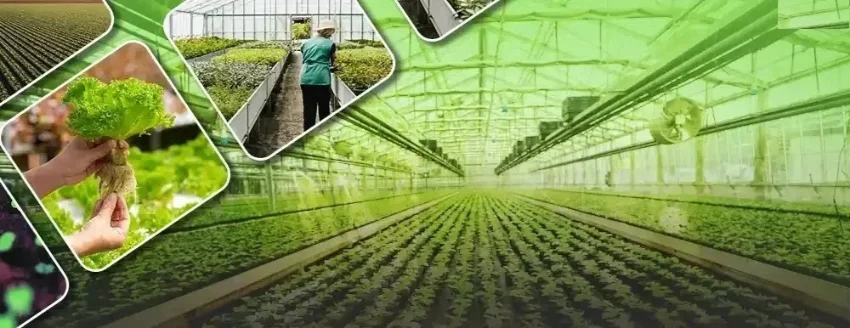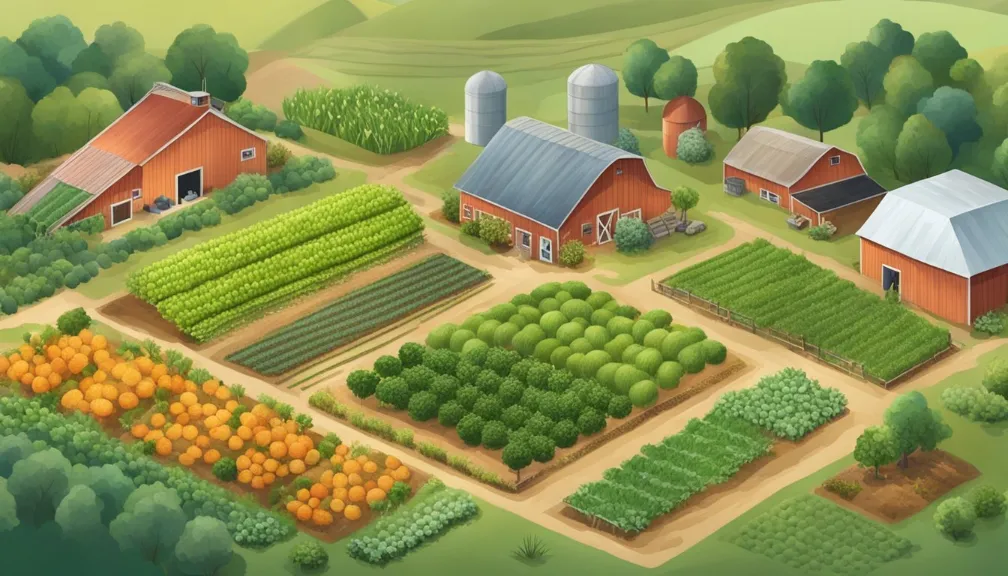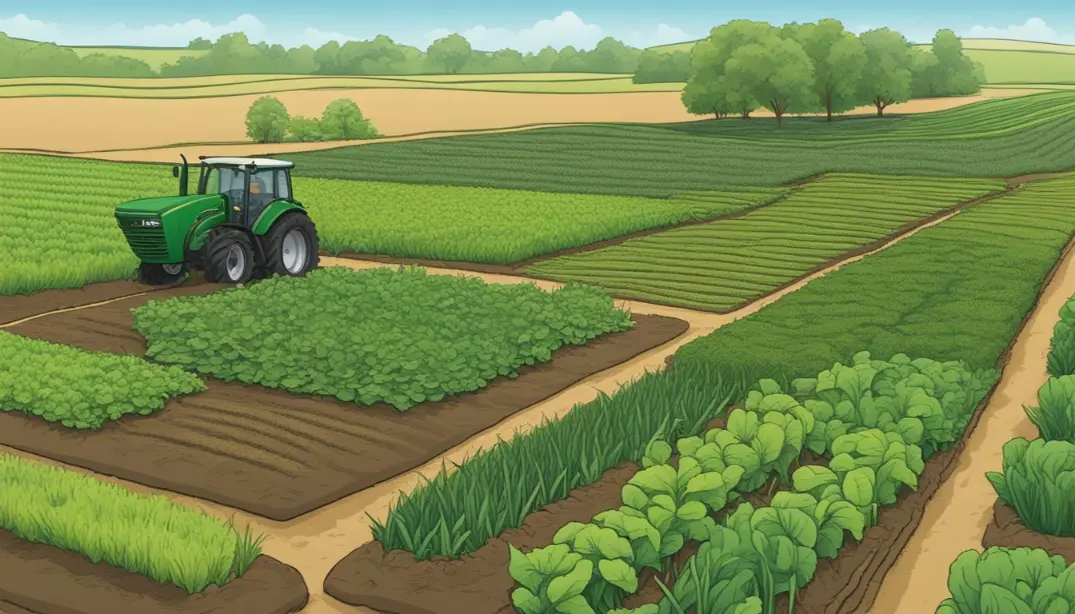Plantation Farming is a type of commercial agriculture that involves growing crops on large estates or plantations. These crops are usually tropical or subtropical, such as coffee, tea, rubber, cocoa, palm oil, sugar cane, and bananas.
It is mainly practiced in developing countries, especially in Africa, Asia, and Latin America.
It has many advantages and disadvantages, both for the farmers and the environment. In this blog post, we will explore some of the benefits and challenges, and how it affects the world we live in.

Benefits Of Plantation Farming
This type of farming can provide many benefits, such as:
| Benefits | Description |
|---|---|
| Economic Growth | Plantation farming can generate income and employment for the farmers and the workers, as well as foreign exchange for the countries that export the crops. Plantation farming can also stimulate the development of related industries, such as processing, packaging, and transportation. |
| Food Security | Plantation farming can produce large quantities of food crops, such as rice, wheat, corn, and soybeans, that can feed the growing population of the world. Plantation farming can also diversify the food supply and reduce the dependence on a single crop. |
| Quality Control | Plantation farming can ensure the quality and consistency of the crops, as they are grown under controlled conditions and with the use of modern technology and techniques. Plantation farming can also prevent the spread of pests and diseases, and reduce the risk of crop failure. |
| Environmental Conservation | Plantation farming can conserve the natural resources and biodiversity of the land, as it can prevent soil erosion, deforestation, and desertification. Plantation farming can also use renewable energy sources, such as solar, wind, and hydro power, and adopt sustainable practices, such as organic farming, agroforestry, and crop rotation. |
Challenges Of Plantation Farming
It can also pose many challenges, such as:
Social Inequality
It can create social inequality and injustice, as it can exploit the farmers and the workers, who often receive low wages, poor working conditions, and limited rights. And can also displace the local communities and cultures, and cause conflicts over land and resources.
Environmental Degradation
It can degrade the environment and contribute to climate change, as it can cause pollution, deforestation, loss of biodiversity, and greenhouse gas emissions. And can also deplete the soil fertility and water availability, and increase the vulnerability to natural disasters, such as floods, droughts, and landslides.
Market Fluctuations
Market fluctuations and global competition can impact this farming type, leading to changes in crop demand, supply, and prices. Additionally, trade policies, tariffs, and subsidies may influence the export of crops, either favoring or hindering the process.

Conclusion
It is a complex and controversial topic, that has both positive and negative impacts on the society and the environment.
It can be a source of economic development, food security, quality control, and environmental conservation, but it can also be a cause of social inequality, environmental degradation, and market fluctuations.
All stakeholders, including farmers, workers, consumers, governments, and NGOs, must actively participate in carefully planning and managing plantation farming.
Constantly monitoring and evaluating this farming type is essential to enhance its efficiency, productivity, and sustainability. When done responsibly and ethically, it can become a powerful tool for improving the lives of millions.
Related Posts:
What Is O Farming: Make Money Online, Get Start & Benefits
Regenerative Farming: How To Start & Benefits
Commercial Grain Farming: Main Uses And Impacts
Mediterranean Agriculture Farming: Features, Benefits & Challenges

Meet Our Expert Agricultural Administrator
Welcome to agrigreenhands.com, your dedicated hub for all things related to agricultural farming. Leading the way in our commitment to sustainable and innovative practices is Jawad Hussain, our esteemed administrator with a profound background in agriculture….



Wow, superb blog structure! How lengthy have you been blogging for?
you made blogging glance easy. The total glance of your website is magnificent,
let alone the content! You can see similar: sklep and here sklep online